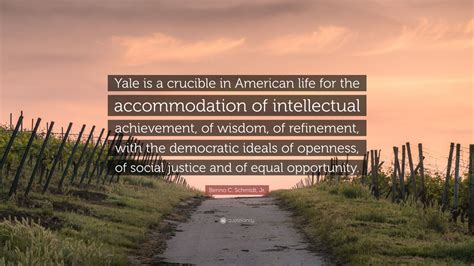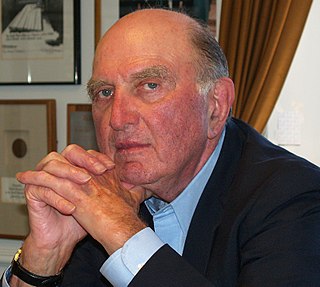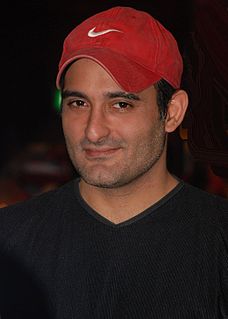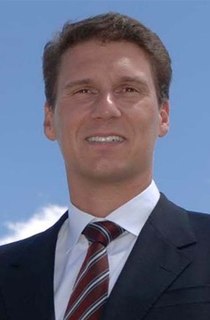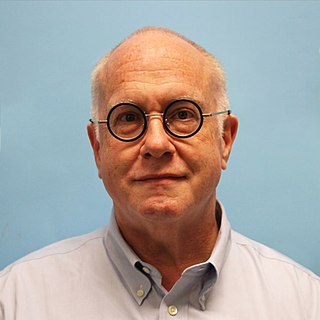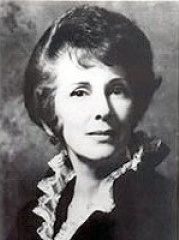A Quote by Benno C. Schmidt, Jr.
The most serious problems of freedom of expression in our society today exist on our campuses. The assumption seems to be that the purpose of education is to induce correct opinion rather than to search for wisdom and to liberate the mind....Attitudes on campuses often presage tendencies in the larger society. If that is so with respect to freedom of expression, the erosion of principle we have seen throughout our society in recent years may be only the beginning.
Quote Topics
Assumption
Attitudes
Beginning
Correct
Education
Erosion
Exist
Expression
Freedom
Freedom Of Expression
Induce
Larger
Liberate
May
Mind
Most
Often
Only
Opinion
Our
Our Society
Principle
Problems
Purpose
Purpose Of Education
Rather
Recent
Respect
Search
Seems
Seen
Serious
Society
Society Today
Tendencies
Than
Throughout
Today
Wisdom
Years
Related Quotes
Free speech is essential to education, especially to a liberal education, which encourages the search for truths in art and science. If expression is restricted, the range of inquiry is also curtailed... The beneficiaries of a free society have a duty to pursue the truth and to protect the freedom of expression that makes possible the search for a new enlightenment.
Certainly here in the U.S., we've had fundamentalist movements that have taken very critical and hostile attitudes toward immigration and the assimilation of immigrants into our society and culture. So these tendencies are fairly universal. The problem is what if they get out of hand and become the dominant factor in a society, which can only lead to the oppression of minorities or even to war with neighboring societies with differing cultures. That's why it seems to me it's important to try to keep these tendencies toward extremism under control.
Today courts wrongly interpret separation of church and state to mean that religion has no place in the public arena, or that morality derived from religion should not be permitted to shape our laws. Somehow freedom for religious expression has become freedom from religious expression. Secularists want to empty the public square of religion and religious-based morality so they can monopolize the shared space of society with their own views. In the process they have made religious believers into second-class citizens.
As a great democratic society, we have a special responsibility to the arts. For art is the great democrat, calling forth creative genius from every sector of society, disregarding race or religion or wealth or color. What freedom alone can bring is the liberation of the human mind and a spirit which finds its greatest flowering in the free society. I see of little more importance to the future of our country and our civilization than the full recognition of the place of the artist.
For all the advances in technology, science and communications, there are signs that we are failing in areas where it matters most: our personal relationships and society in general. The atomisation of society evidenced by the startling increase in recent decades of single person households and the identification of loneliness and isolation as one of our most pressing new social problems, should give us cause for concern.
Scholars, who pride themselves on speaking their minds, often engage in a form of self-censorship which is called "realism." To be "realistic" in dealing with a problem is to work only among the alternatives which the most powerful in society put forth. It is as if we are all confined to a, b, c, or d in the multiple choice test, when we know there is another possible answer. American society, although it has more freedom of expression than most societies in the world, thus sets limits beyond which respectable people are not supposed to think or speak.
Facilitative attitudes (and skills) can help a therapist gain entry into the group Freedom from a desire to control the outcome, and respect for the capacity of the group, and skills in releasing individual expression Openness to all attitudes no matter how extreme or unrealistic they may seem Acceptance of the problems experienced by the group where they are clearly defined as issues Allowance of the freedom of choices in direction, either for the group or individuals particularly in the near future
All manners of freedom, including freedom of expression, freedom of conscious, freedom of thought...it accepts tolerance. But it is not an atheist society. Religion is the private affair of an individual...be present in the public domain, but state has to be clearly separated from religion. When I'm speaking, I'm speaking only for myself. At the same time, I know that these ideas have wide support among the Iranian population.
If you live in a society where those who govern society and determine its path do not respect freedom of speech and freedom of religion, freedom of choice, freedom of assembly, and if there is no democratic process and no way to change the order of things by reason and peace and love and so on, and if, as a result of that, certain ideas in which you believe are being crushed, then I think the only way you can defend yourself against this violence is in using violence of your own.
Our society and our organizations have learned to value masculine, 'quick-fix' traits in leaders. In a primitive society, a rural society, or even the industrial society of the early 1990s, quick fixes worked out all right. But they are less likely to work in a complex society. We need to look at long-range outcomes now. Service and patience are what can keep things running effectively today and women can contribute a lot in both of these areas.
